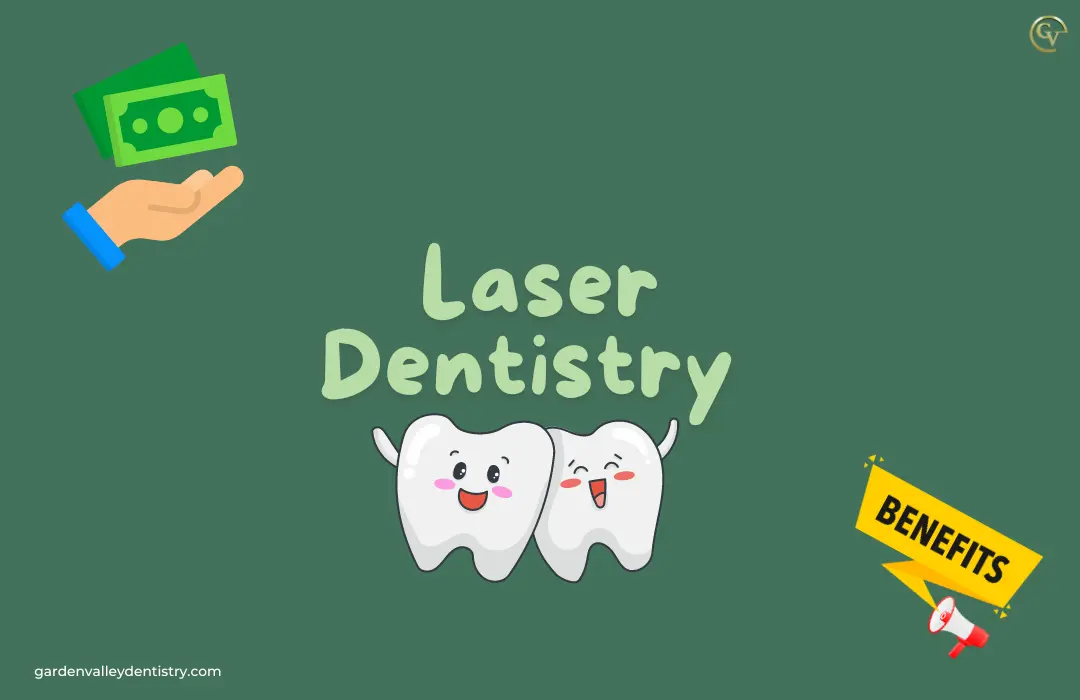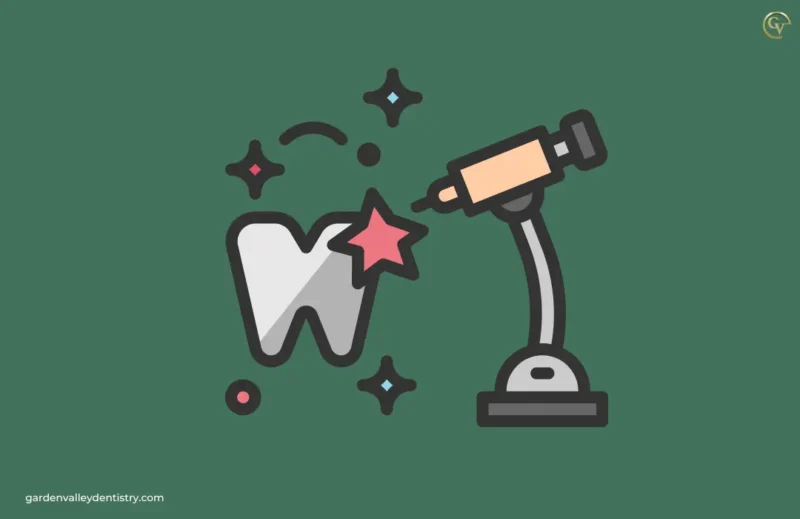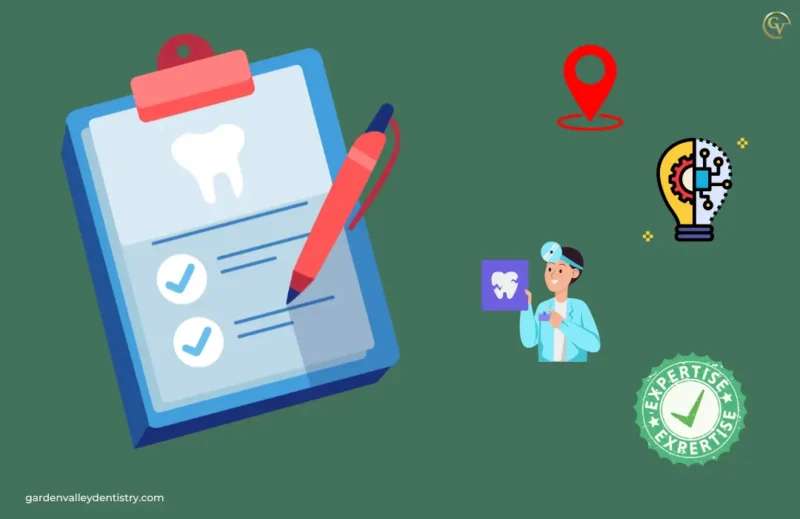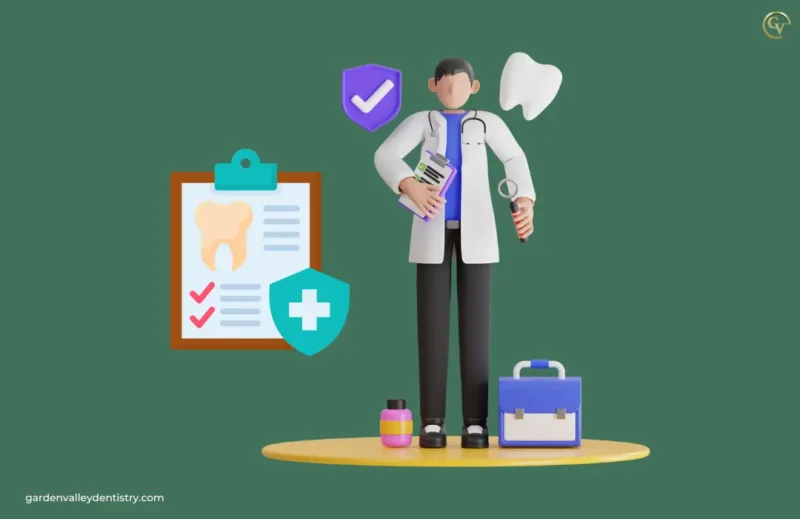
03 Sep Laser Dentistry Cost Is It Worth It?
Are you curious about laser dentistry’s cost? This guide breaks down what you need to know, making it easier to understand the expenses and benefits of this high-tech dental option.
What is Laser Dentistry?
If you plan to undergo a high-tech treatment, here’s what you need to know more about laser dentistry cost. Laser dentistry is changing dental care by providing a more accurate, often painless substitute for older techniques. Although there are many laser dentistry benefits, it’s important to consider the cost as well.
A wide range of dental issues can be treated through the use of laser dentistry. To cut, remove, or interact with tissue, lasers emit a focused beam of light. There are multiple purposes for this technology:
- Soft Tissue Procedures: Lasers work well to remove soft tissue growths, reshape gums, and treat gum disease.
- Hard Tissue Procedures: For operations like cavity treatment and tooth whitening, lasers can also be used on hard tissues like teeth.
- Cosmetic Procedures: Many cosmetic dental treatments now use lasers to enhance aesthetic results, including teeth whitening and gum contouring.

When compared to conventional dentistry techniques, the accuracy of lasers often results in less bleeding, less discomfort, and quicker healing times.
Types of Laser Treatments and Costs
In modern dentistry, laser treatments offer a range of benefits, from precision to comfort. Lasers use focused light to perform various dental procedures with minimal discomfort and faster healing. Here is a rundown of some popular laser dental procedures along with an estimate of their usual expenses:
Teeth Whitening: Laser teeth whitening is a popular cosmetic procedure designed to brighten your smile. The process involves applying a whitening gel to the teeth and then using a laser to accelerate the bleaching process. Factors such as the severity of tooth discoloration and the type of laser used can affect the total price. Some clinics offer packages or promotional rates that might reduce costs.
Price: $300 – $1,000
Cavity Treatment: Laser dentistry for cavities can remove decay and prepare the tooth for a filling with minimal discomfort. Although this can be more expensive than traditional drilling, many patients find it worth the extra cost due to the reduced pain and better preservation of healthy tooth structure.
Price: $150 to $500 per tooth.
Gum Disease Treatment: Laser treatments for gum disease involve cleaning and disinfecting the gums to remove infection and promote healing. Depending on the extent of the disease and the number of sessions needed. Advanced cases may require more extensive treatment, which can drive up the cost.
Price: $500 – $3,000
Biopsy and Oral Surgery: Lasers are used for biopsies and various oral surgeries, such as removing lesions or tumors. The complexity of the surgery and the specific laser technology used can influence the price.
Price: $200 – $1,500
Factors Affecting Cost

Based on several factors, laser dentistry cost treatments can differ significantly. Understanding these factors may help in making well-informed choices and managing one’s money. Below are the key elements that influence the cost
Type of Procedure: In general, more specialized or difficult processes are more expensive. For instance, whitening procedures are less expensive than more involved therapy for gum disease.
Location: Geographical location has a big impact on cost. Generally speaking, dental care is more expensive in large cities or places with greater cost of living than it is in rural or less privileged locations.
Dentist’s Expertise: The dentist’s training and expertise may have an effect on the price. Although highly skilled dentists with advanced laser equipment may charge more for their services, their experience often leads to better results and a more seamless experience.
Technology Used: The kind and level of precision of the laser equipment might also affect the price. The cost of treatment may increase for advanced lasers with extra features due to increased operating expenses
Insurance and Payment Options
Is laser dentistry covered by insurance? It’s important to know your insurance coverage and available payment choices when it comes to laser treatments. Many consumers are curious about the available payment options and whether their insurance will cover these laser dentistry cost. Here’s guide to assist you in understanding these aspects:
Insurance Coverage: Because laser treatments are commonly considered as elective or advanced, their coverage is limited by many dental insurance policies. See your insurance company to find out what is and isn’t covered. If the procedure is determined to be medically important, certain plans may pay a part of the entire cost.
Payment Plans: To make laser treatments more accessible, a lot of dentist practices provide flexible payment schedules. These programs could have financing options that divide the expense over time or monthly payments.
Health Savings Accounts (HSAs) and Flexible Spending Accounts (FSAs):You may be able use these money for laser dentistry procedures if you have an HSA or FSA. To confirm your eligibility and usage, check with the administrator of your plan.

Benefits vs. Costs
When considering laser dentistry’s cost, it’s important to weigh the benefits against the costs. While these treatments often offer significant advantages, such as precision and quicker recovery, they can also come with a higher price tag. Here’s a brief overview to help you evaluate whether the benefits justify the investment:
Benefits: Part of laser dentistry is to provide precise results, minimal discomfort, and faster healing times compared to traditional methods. They are often less invasive and can deliver long-lasting effects.
Costs: The expense can vary based on the type of treatment, the area being treated, and other factors. While the cost might be higher than some traditional methods, many find the benefits worth the investment.
Consider these aspects carefully to decide if laser treatment is right for you and aligns with your goals and budget.
- Less Pain: Laser treatments usually hurt less than traditional methods, making your dental visits more comfortable.
- Faster Healing: With lasers, you often heal faster, which means fewer follow-up visits and less extra care.
- More Precision: Lasers can target exactly where they need to, helping to get better results and keep healthy tissue intact.
- Better Results for Cosmetic Treatments: For things like teeth whitening, lasers can give you a brighter smile quickly and effectively.
In summary
Modern dentistry can benefit from laser dentistry’s combination of greater precision, less discomfort, and faster recovery time compared to traditional dental procedures. For many patients, even though the expenses might be higher, the advantages usually outweigh the costs. You can decide if laser dentistry is the best option for your oral health needs by being aware of the various expenses, the variables that affect them, and the accessible payment methods.
If you want to consult a dentist from Roanoke, TX, you can search “laser dentistry near me” and look for the best dentist in the area.

Sorry, the comment form is closed at this time.